Stability vs. controlled chaos The price of Western promises
Speaking at the international forum “Facing the New World Order” held this week at ADA University, Azerbaijani President Ilham Aliyev touched upon a highly important topic. “We’re not guaranteed that one day they won’t again decide to bring in a puppet and put them in the presidential chair to rule Azerbaijan as they wish,” said the head of state, referring to past attempts of external interference in Azerbaijan’s domestic political processes.
Indeed, it is abundantly clear that reliance on controlled chaos has been, is, and will remain the primary tool through which various external forces seek to implement their agendas. This has often been masked by highly manipulative narratives about the “uniqueness” of a particular nation or state. One of the most frequently exploited ideas has been the so-called “air of freedom and democracy,” which a given nation was supposedly lucky enough to breathe.
Those who launched these narratives ultimately laughed heartily and rubbed their hands in satisfaction. They achieved their objectives—and then washed their hands of the consequences. Let me cite a number of clear and indisputable facts, starting with neighbouring Georgia.
In November 2003, the country experienced the so-called Rose Revolution. Opposition protests peaked on 22 November, the first day of the new Georgian parliament’s session, whose legitimacy had been called into question. On that very day, opposition figures led by Mikheil Saakashvili, holding roses in their hands (hence the revolution’s name), stormed the parliament building, interrupted the speech of then-President Eduard Shevardnadze, and forced him to leave the hall under the protection of his bodyguards.
Subsequently, the president declared a state of emergency and called for military and police reinforcements around his residence in Tbilisi. However, even elite police units refused to back him. On the evening of 23 November—St. George’s Day in Georgia—Shevardnadze met with opposition leaders Saakashvili and Zhvania to discuss the unfolding crisis at a gathering arranged by Russian Foreign Minister Igor Ivanov. Following this meeting, Shevardnadze announced his resignation. The news sparked scenes of euphoria in the streets of Tbilisi, where over 100,000 demonstrators celebrated their victory with fireworks and rock concerts.
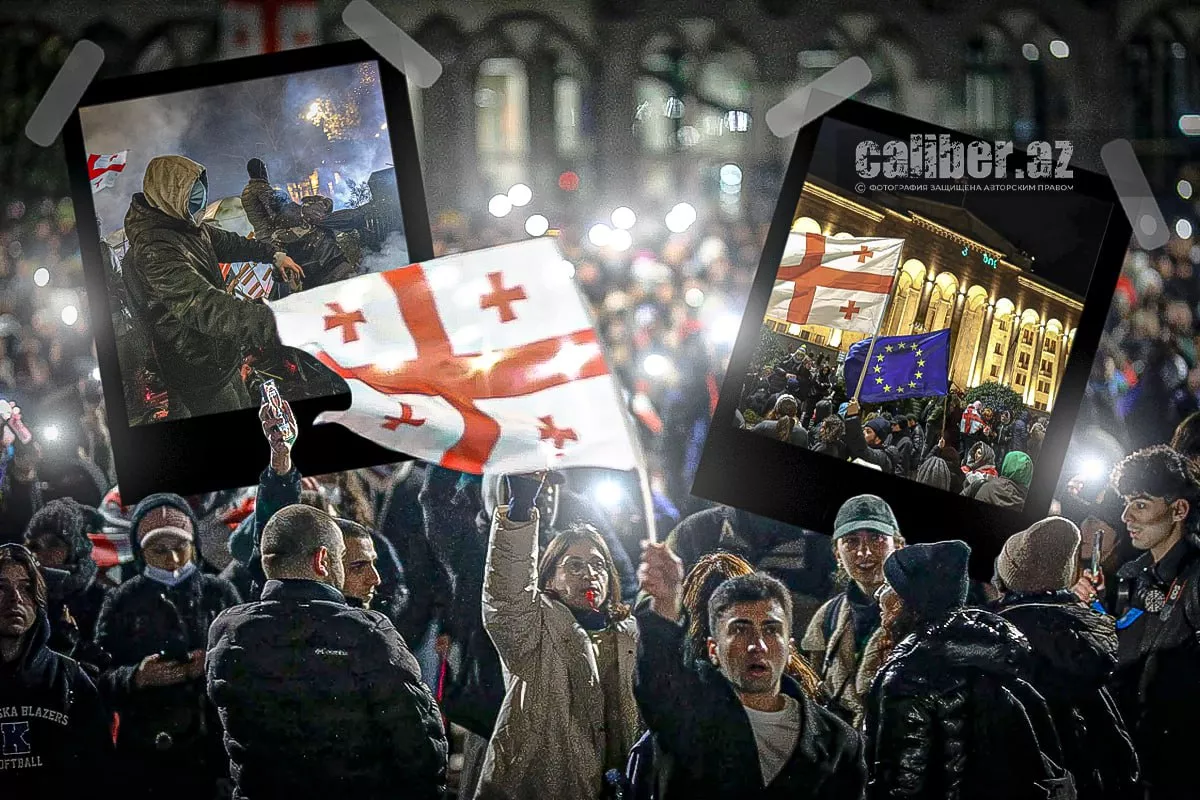
Mikheil Saakashvili came to power in Georgia, enjoying strong support from the United States and leading European countries. It was during this period that the idea of the supposed “civilisational superiority” of Georgian citizens began to be actively promoted—emphasising their centuries-old European identity and democratic values. This narrative was primarily advanced through Western-funded foundations that provided grants for events essentially aimed at advertising the path Georgia had chosen.
But where did that path ultimately lead? When the August 2008 war broke out, the collective West chose to exert pressure not on Russia, but on official Tbilisi. It was at that moment that the true worth of Western promises became painfully clear. Russia eventually recognised the "independence" of South Ossetia and Abkhazia. As for Saakashvili, the West quickly and effortlessly turned its back on him. Today, he remains imprisoned, and few in the West even bother to remember the main triumphant figure of the Rose Revolution.
Meanwhile, Georgia has acknowledged its inability to regain control over South Ossetia and Abkhazia by military means. The current leadership of the neighbouring country is now under intense pressure from Europe. And although official Tbilisi continues to declare EU accession as Georgia’s top priority—despite the many challenges—the ruling Georgian Dream party is constantly being accused of fabricated offences. The authorities are now being charged with a so-called “retreat from democracy.” They are being threatened with the suspension of visa-free travel with the EU and subjected to relentless smear campaigns around the clock.
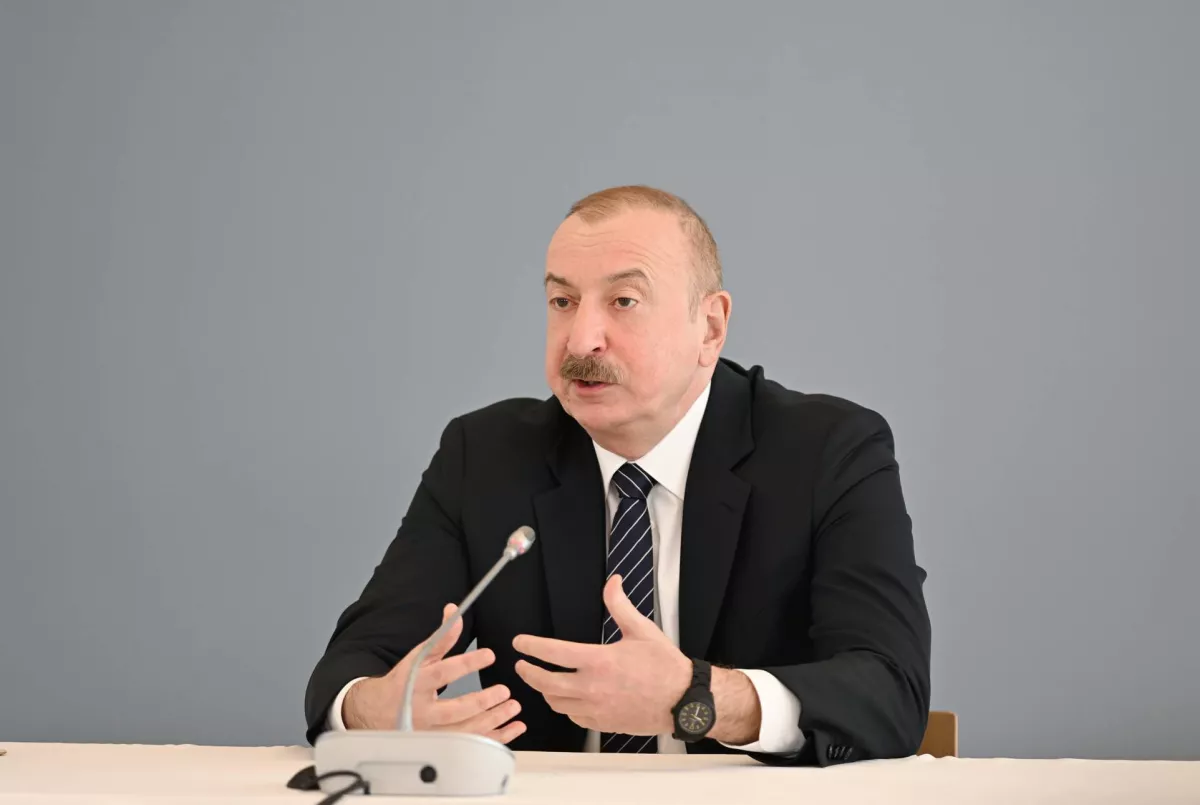
At the aforementioned forum at ADA University, Azerbaijani President Ilham Aliyev strongly criticised the European Commission’s attitude toward Georgia’s internal affairs, calling the behaviour of Brussels representatives “colonial” in nature:
“This is unfair, and the attitude towards Georgia's internal process in the European Commission is absolutely unacceptable. This is the behavior of colonialists. They try to look at the will of the Georgian people through the principles of a colonial past. This is absolutely unacceptable, and the people of Georgia know that we are with them, and the government of Georgia knows. The internal issues of Georgia must be resolved by the Georgian people, not by bureaucrats from Brussels. So, with respect to all that, we need to strengthen our partnership between Georgia and Azerbaijan.”
This was a highly accurate assessment. At the same time, let us call things by their name: the interest of external actors in Georgia was, to a great extent, also driven by its role in global transit projects initiated and implemented by Azerbaijan. First and foremost, we are referring to the Baku–Tbilisi–Ceyhan and Baku–Tbilisi–Kars projects. The collective West consistently pushed for Armenia’s involvement in these initiatives. However, it was the principled stance of the Azerbaijani leadership—Heydar Aliyev and Ilham Aliyev—that prevented these plans from materialising.
Let us now turn to Ukraine. In November 2004, the country witnessed the start of the Orange Revolution. The trigger was the outcome of the second round of the presidential election, which saw a fierce contest between Viktor Yanukovych and Viktor Yushchenko. During that round, the Party of Regions falsified some 750,000 votes in favour of Yanukovych in Donetsk. This led to mass protests in Kyiv’s Independence Square (Maidan Nezalezhnosti), which lasted for several weeks.
At that time, people on the Maidan also believed in Ukraine’s “special path,” waved EU flags, and placed great hope in the political rise of Yushchenko. But now it’s 2025, and not only has Ukraine still not been admitted to the European Union—there is no guaranteed timeline for its accession. Yushchenko has become the textbook example of a “burnt-out politician,” now only capable of giving interviews in which he explains why things didn’t work out for Ukraine.
And yet it didn’t work out—even though there was a second wave of revolution, known as the Revolution of Dignity, or “Euromaidan.” It, too, began in November, but this time in 2013, in response to President Viktor Yanukovych’s decision (yes, the same Yanukovych who was the target of protests during the Orange Revolution) to suspend preparations for signing an association agreement with the European Union.
I vividly remember how those very “Sorosites” — who eventually secured parliamentary mandates and lucrative positions — confidently assured Ukrainians that EU membership was a swift and inevitable process. There was also much talk about Ukraine’s imminent accession to NATO. And what came of it? Precisely nothing. Ukraine has been accepted into neither the EU nor NATO — and is unlikely to be in the foreseeable future.
Meanwhile, oligarchs continue to dominate Ukrainian politics — including some whose names were chanted in protest on the Maidan as symbols of the country’s misfortune during both the Orange Revolution and the Revolution of Dignity. The main beneficiaries of those movements were eventually swept aside in the last presidential election by the charismatic showman Volodymyr Zelenskyy and the newcomers who rallied under the banner of his party, Servant of the People.
The outcome of this political experiment — one in which the overwhelming majority of Ukrainian citizens participated — is now well known. Overall, looking back to the dissolution of the Soviet Union, the picture is profoundly tragic. Having succumbed to the sweet promises of the West, Ukraine — once one of the three largest and most economically stable countries in Europe — now presents a bleak and sorrowful image.
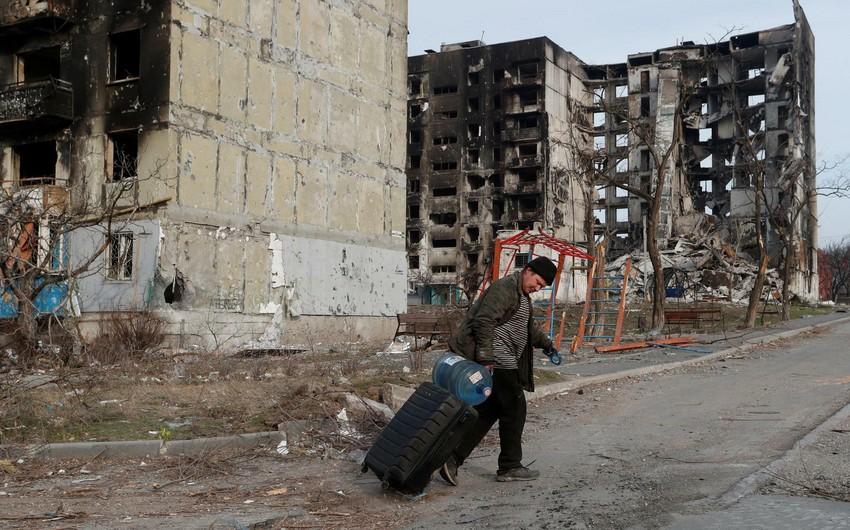
Crimea has been annexed by Russia. The same goes for Donetsk, Luhansk, Kherson, and Zaporizhzhia regions, which have now been incorporated into the Russian Federation. And as we can all see today, no one was able to prevent Ukraine from suffering these catastrophic territorial losses — losses which, in my view, are irreversible, regardless of what is being said in Kyiv. The only real question is when Ukraine’s current leadership will acknowledge defeat. I say this with sorrow, as someone who has lived in Ukraine for many years and knows the country’s realities all too well.
Yes, we see that discussions about Ukraine’s fate are at times taking place without the Ukrainians themselves at the table. We see that, following Russia’s full-scale invasion, Ukraine has lost hundreds of thousands of soldiers — killed or wounded in battle. We see that millions of Ukrainians, including men of military age, have left the country and have no intention of returning. Many openly say they no longer believe in Ukraine’s future.
That is the outcome. I could also cite other former Soviet republics as examples. Take Moldova, for instance. It, too, has failed to regain control of Transnistria and remains mired in internal political instability. Its future is also a cause for deep concern.
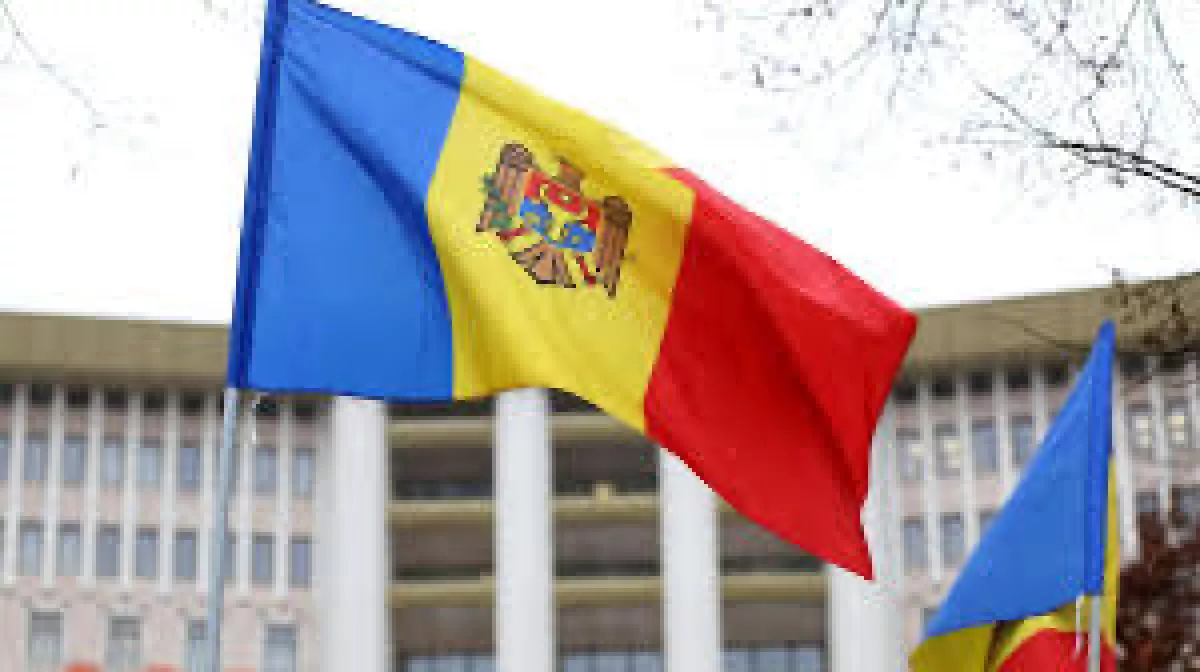
Other former Soviet republics — and I’m not talking about Russia here — did not have to endure large-scale wars or develop strategies to de-occupy 20% of their territory seized with, to put it mildly, the tacit consent of the world’s leading powers. Azerbaijan, however, formulated and implemented such a strategy. Our country stands as the only state that has successfully resolved a “frozen” territorial conflict through military and political means.
Azerbaijan is also a country whose population, unlike that of Georgia, Ukraine, Moldova, or the Baltic states, has actually grown. Azerbaijan has never deviated from the path of independent policy. It has never fallen for the West’s empty promises. On the contrary, it has prioritised national interests above all else and pursued a principled, resolute, and intelligent foreign policy course.
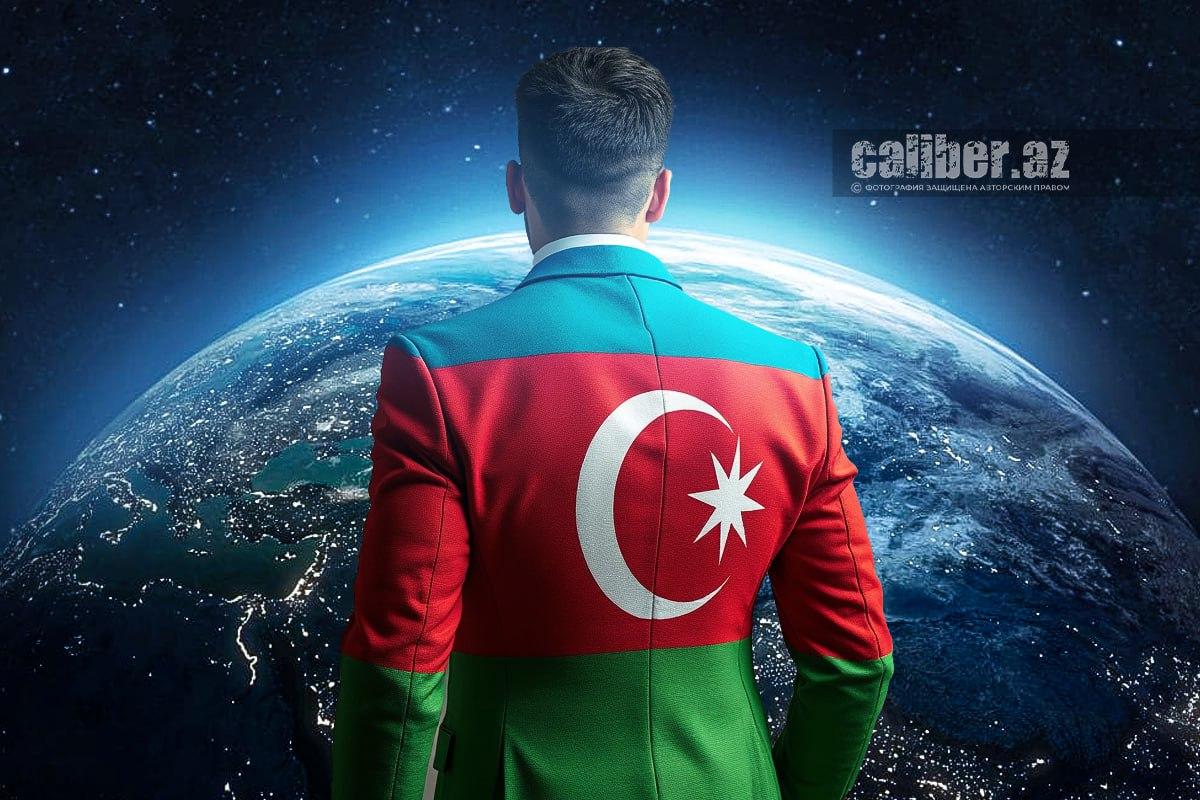
Another clear outcome of such a policy is that Azerbaijan today holds the status of a country playing a crucial role in ensuring Europe’s energy security. Unlike Armenia, Azerbaijan succeeded in the withdrawal of foreign military forces from its territory — both the Gabala Radar Station and the Russian peacekeeping contingent in the Karabakh economic region. Azerbaijan possesses the strongest army in the South Caucasus and one of the most capable military forces in the entire post-Soviet space.
The country also has a solid financial safety cushion to withstand global economic shocks. As of today, Azerbaijan’s external public debt stands at just over $5 billion — less than 7% of its GDP — clearly demonstrating that we are not reliant on foreign loans. On the contrary, as President Ilham Aliyev has noted, “we've been approached by financial institutions with offers to borrow funds, and we are now working with them because we do not want to completely empty the portfolio.”
Moreover, Azerbaijan is independently funding the reconstruction of its liberated territories — without significant external assistance. These are the accomplishments of our state. They are the result of a well-thought-out development strategy rooted in national interests. And this is what gives us reason to take pride in the present and look to the future with confidence — a value unattainable for many other nations.








